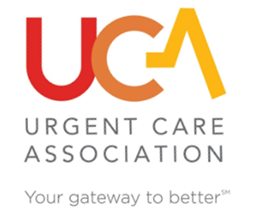It’s not news that there’s a shortage of primary care physicians that is expected to affect both primary care and urgent care practices more and more in the coming years. It’s also well established that advanced practice practitioners (APPs)—nurse practitioners and physician assistants—are being called on to shoulder more of the work load in medical practices of every stripe. A physician-penned opinion piece recently published by The Hill asserts that trend is a viable solution …
Read More









